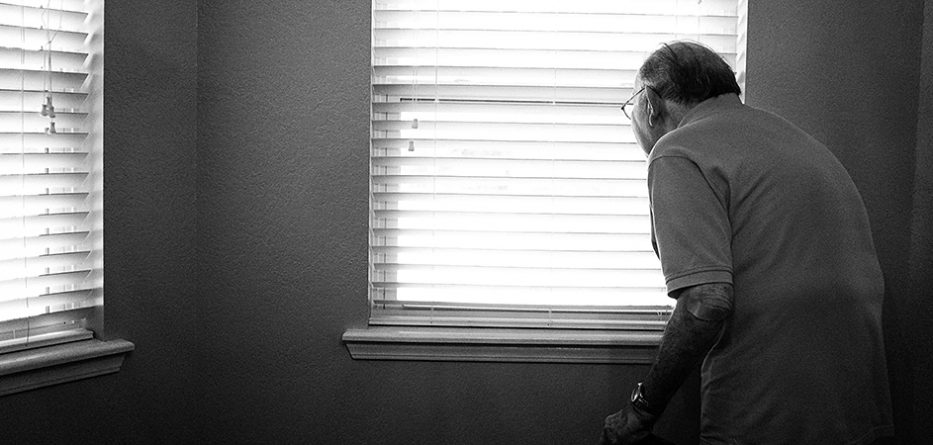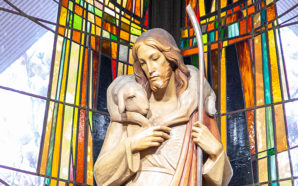1 October is the United Nations’ International Day of Older Persons
Most of us are interested in activities designed for groups to which we belong. So the International Day of Older Persons will naturally attract the attention of those of us who are ageing. We might be pleased that it refers to us as older persons and not as the Aged or the Elderly. We see ourselves as persons who happen to be older than some people, yet younger than many others. We might even hesitate to call ourselves old during those good times when our joints work properly. As someone with experience in being an older person said, the worst thing about being old is that you don’t feel old.
Nevertheless, as we grow older, we do live with the death and illness of more of our friends, lose some of our physical strength and agility, are more vulnerable to illness and injury, and may need our spectacles to find our spectacles, a diary to remember our appointments, and a morning walk to loosen our back and joints. If we are fortunate, we shall still be able to live independently, have relatives and friends to check on our health and be able to find good supported accommodation when we need it.
In Australia, however, we are now realising that we need to be very fortunate. The image of couples growing older together in a golden autumn light, which we see in the advertising puff of insurance companies and homes for older persons, is attractive. But in reality, it is rare.
The coronavirus has revealed a much starker picture of growing old in Australia. As the life expectancy of adults moves closer towards 100 years, many people live in nursing homes and homes for the aged. These, we now know, are underfunded. Many are run for profit, and so economise on food and services, lack in regular staff trained to work with older persons and nurses to provide medication, and provide little stimulus for the people living there.
During the spread of coronavirus, the mixture of older persons vulnerable to the virus, underpaid staff who worked shifts in many homes, underfunding and regulatory neglect by government, has ensured that many people contracted and died from coronavirus during the pandemic and exacerbated the shortage of nursing and other staff in the homes. It also condemned the people living there to an isolated life in which they could not receive visitors or easily make other connections. The homes seemed to be like warehouses, and the residents to be like the interchangeable goods shelved there. The systematic deprivation of older people by governments and their economic priorities, which placed financial surplus above human dignity, has been revealed in all its shame by the pandemic.
The Day for Older Persons reminds us above all that older persons are persons, not economic costs. Like all persons, they have long experience, desires, memories, loves, joys and griefs. Their life has been a gift and it remains a gift both to their families and friends and to society.
Fr Andrew Hamilton SJ writes for Jesuit Communications and Jesuit Social Services.








